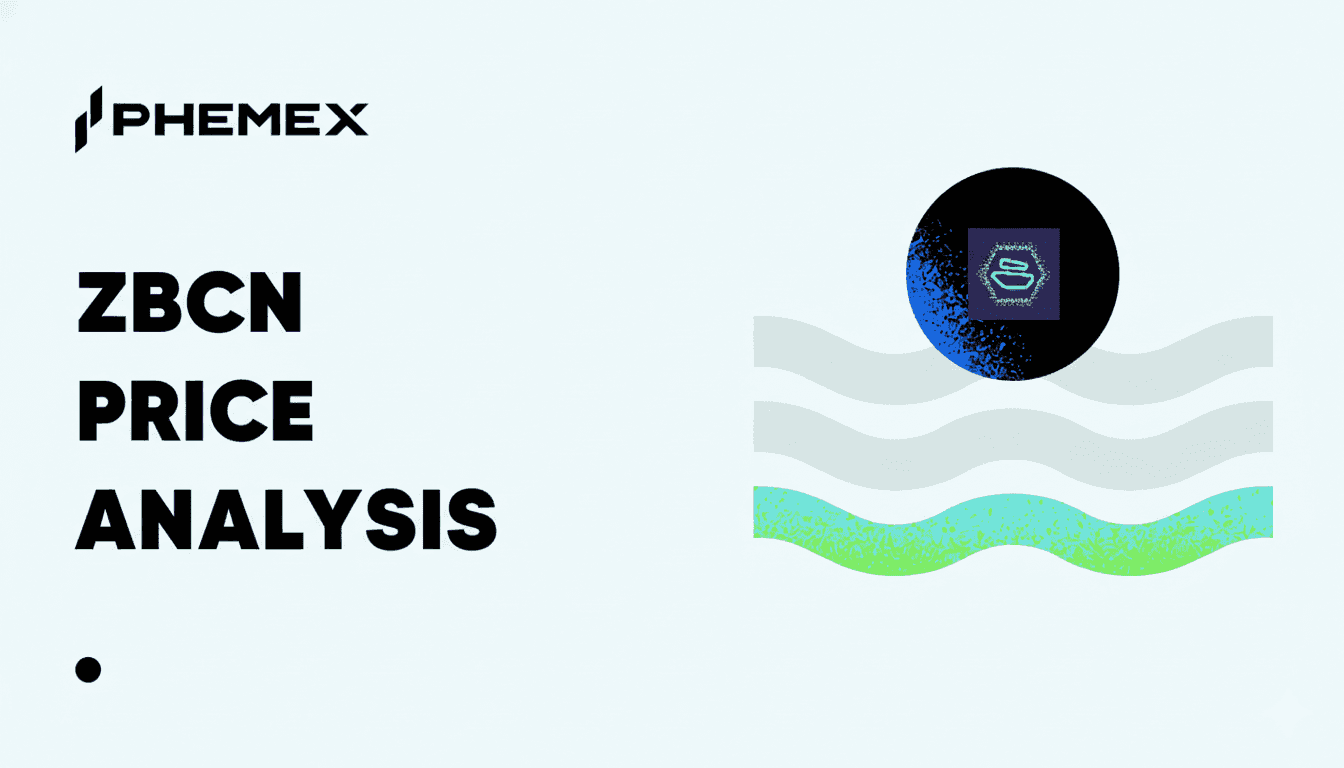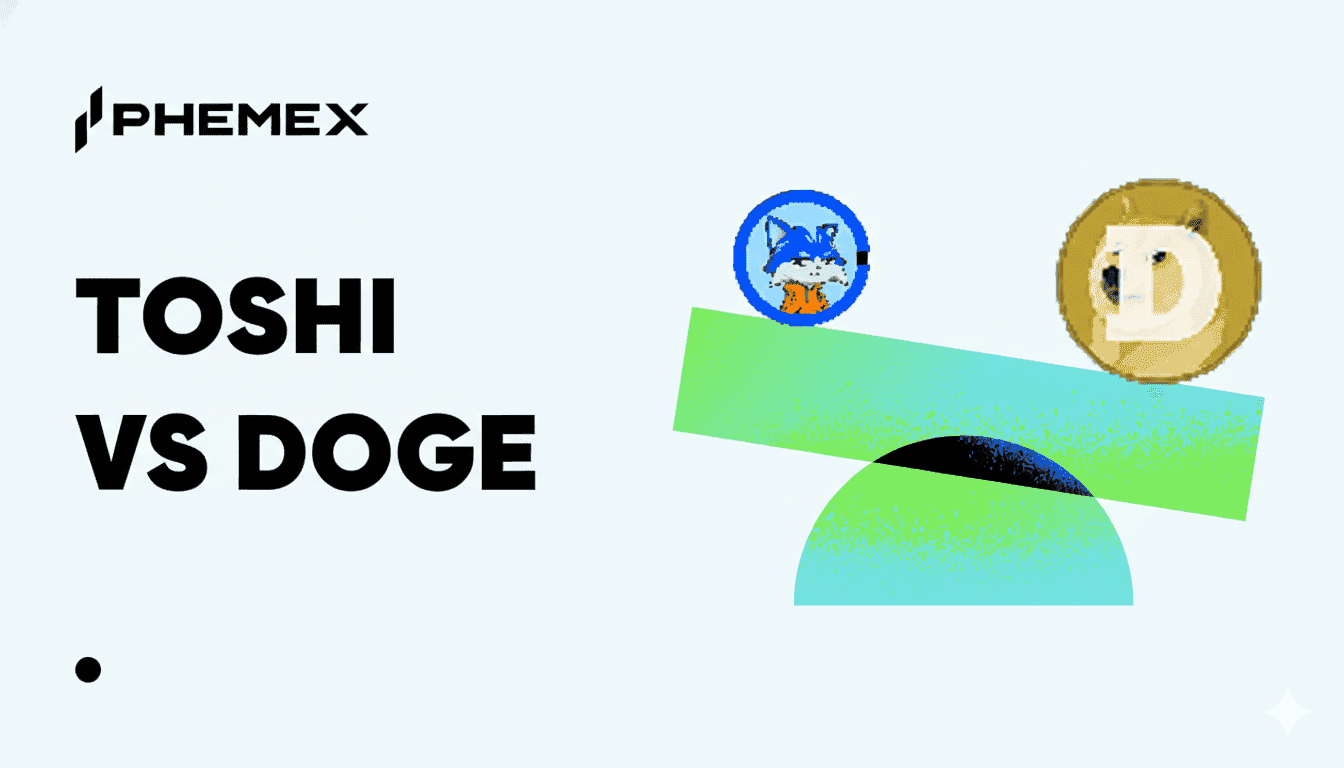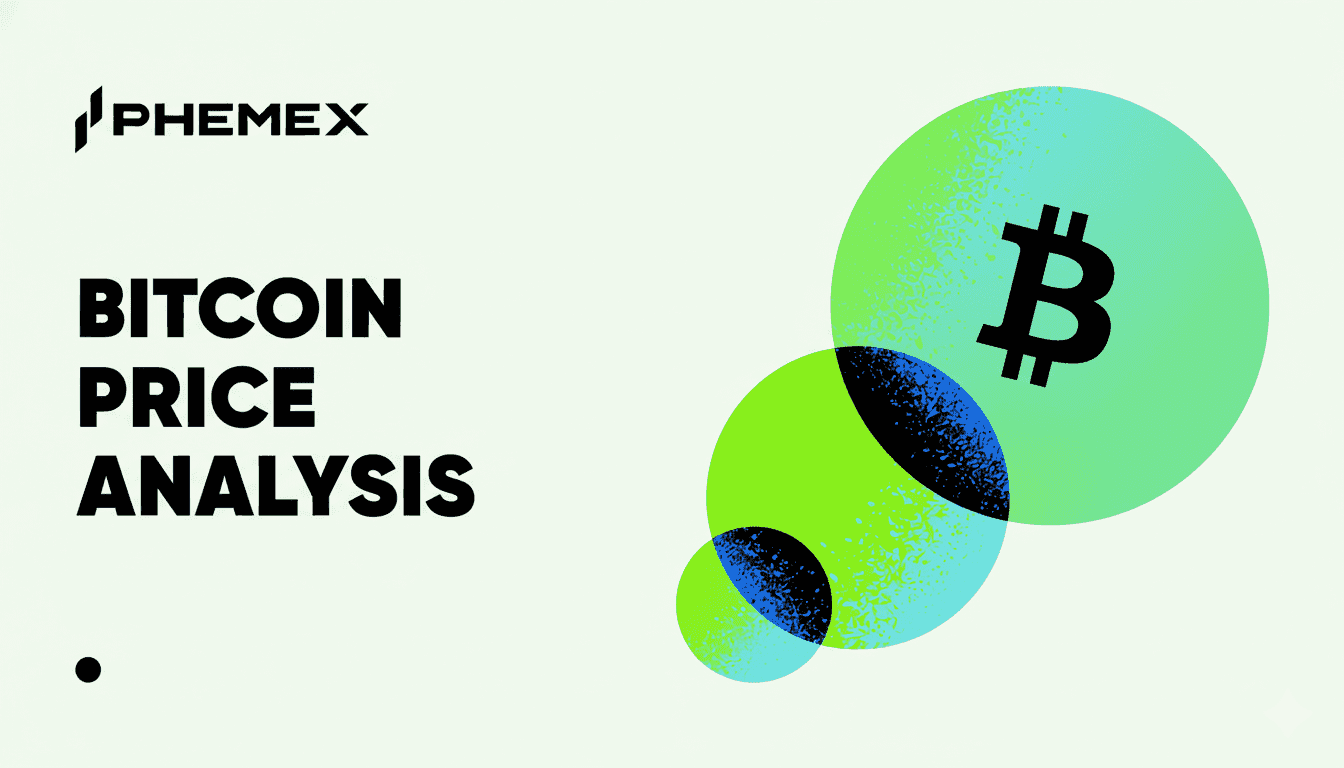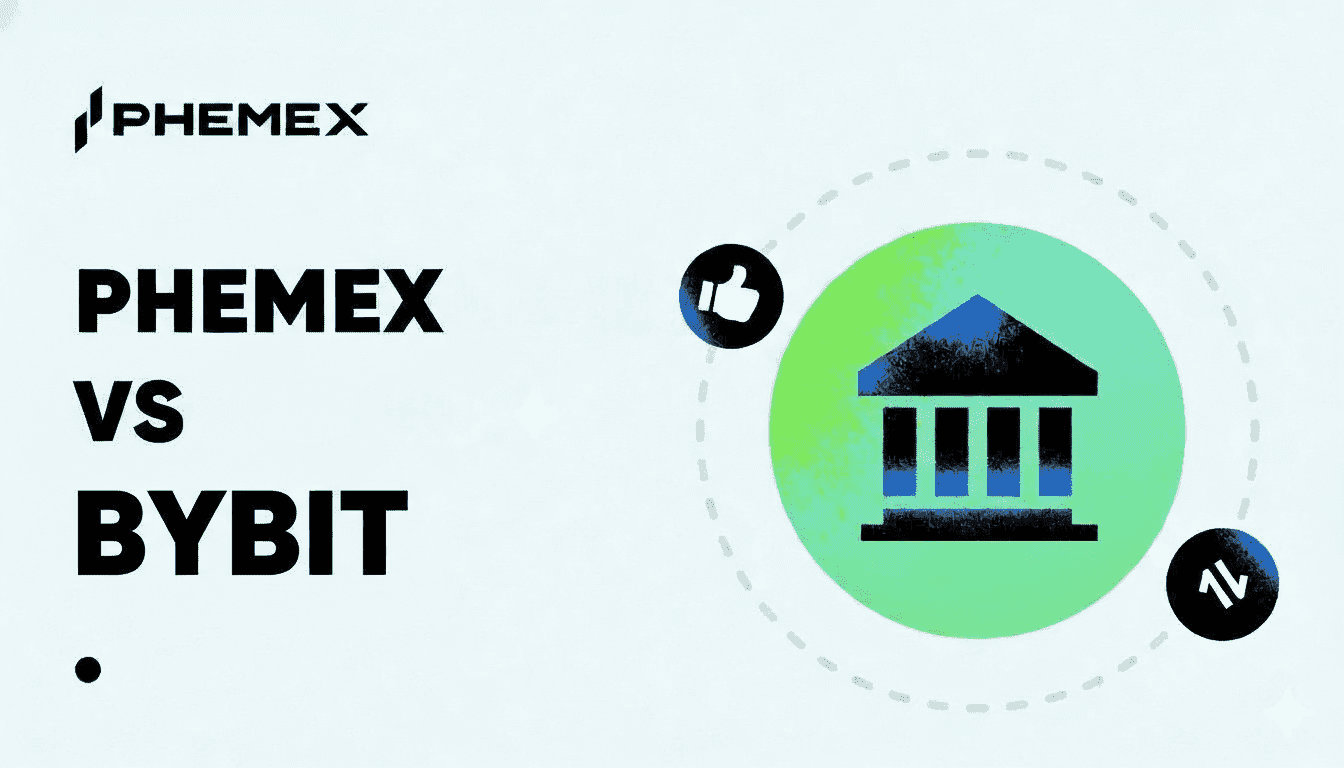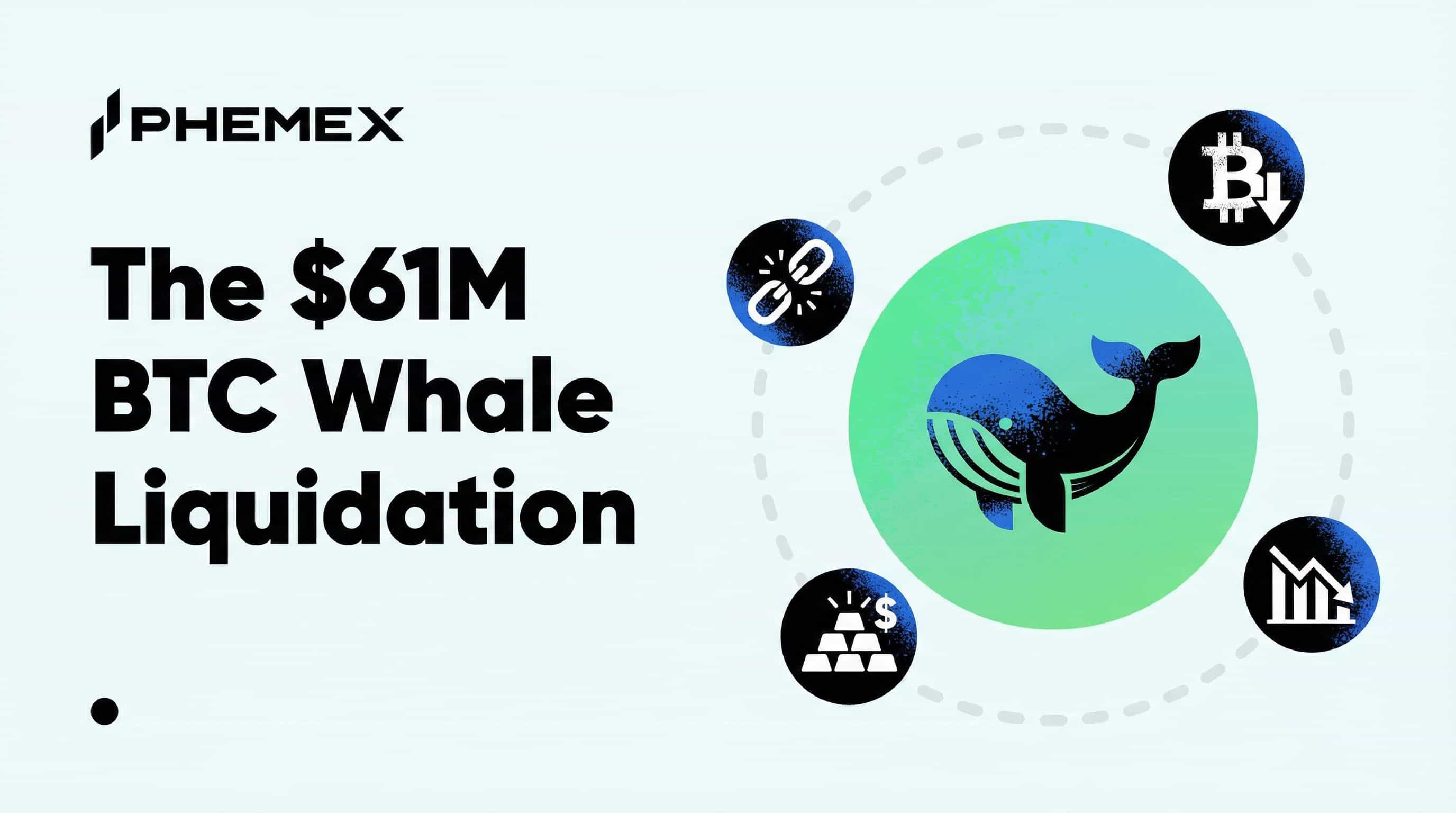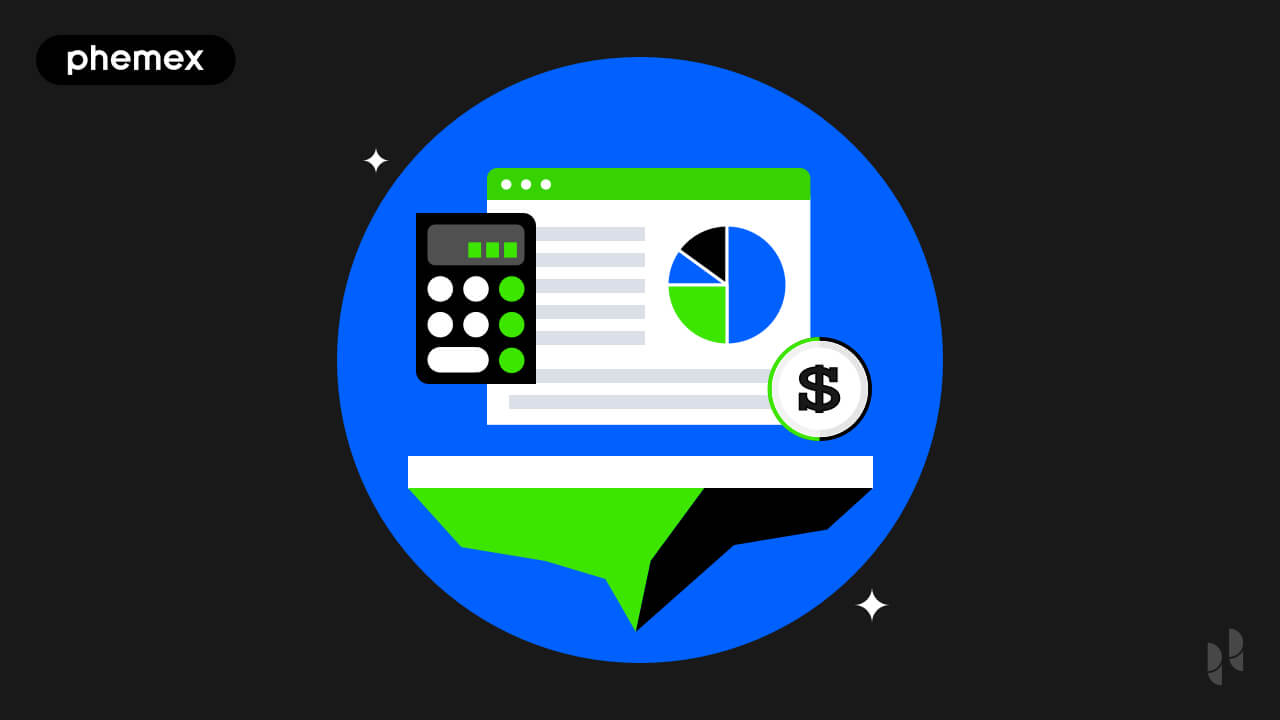
The likes of Sandbox, Decentraland and Roblox among many others have increased the accessibility of digital property, bringing inclusion and the potential to earn equity in the virtual realm.
The term “metaverse” refers to a virtual world or universe, typically created and experienced through the use of blockchain as an open source digital platform providing a virtual reality or augmented reality. As the technology behind the metaverse continues to evolve, many experts believe that it has the potential to become an integral part of our daily lives, much like internet communities are built today but within virtual communities.
Digital Equity in Decentralized Platforms
One aspect of the metaverse that is currently being explored is the idea of owning equity. It’s the idea that individuals or entities can own a stake in the metaverse, much like how one can own shares of stock in a company. This form of digital equity is not limited to just owning property but can be extended across many aspects of the digital economy including virtual currencies, assets and businesses.
- Owning Property – As the metaverse becomes more immersive and realistic, virtual real estate is likely to become more valuable. An individual who owns a piece of virtual land in a popular metaverse platform can potentially see their equity rise in value as that platform increases in popularity.
- Virtual Assets – Virtual assets comprise everything from digital currency to virtual clothing and accessories. Just like traditional video games where players earn and gain in-game assets like skins (clothing), vehicles, and other commodities, the same can be applied to the metaverse on a monetary level. Users who purchase or earn more of these types of assets can see their equity increase in value as demand increases with user adoption.
- Virtual Businesses – A third way in which one could potentially own equity in the metaverse is through the ownership of virtual businesses. Examples might be a digital store or nightclub. As the metaverse becomes more widely used, virtual businesses will become a necessity for communities to congregate. Many traditional brands are heavily investing in the metaverse already including Nike, Versace, Ferrari, etc.
It’s important to note that the concept of owning equity in the metaverse is still in its early stages, and there is currently no widely accepted method for determining the value of virtual assets, real estate, or businesses. Additionally, it’s still unclear how ownership of virtual assets, real estate, and businesses would be enforced in the metaverse.
Phemex and the role of Crypto Exchanges in Decentralized Equity
While the idea of owning equity in the metaverse is still in its early stages, Phemex believes it to be an exciting possibility that holds significant implications for the future of virtual worlds. Additionally Phemex recognizes the need for a more decentralized economy. We plan to investigate how to grant our community the opportunity for equity in both the real and virtual world. To start, cultivating an environment of transparency, trust and truthfulness is paramount.
Overall, the idea of owning equity in the metaverse will likely be a big driver of crypto adoption in the long-term. As the blockchain and smart contract technology evolve, it’s likely that we will see more innovation in this area. Phemex, however, also understands it’s important to consider the potential complexities of distributing virtual equity since it must be done in a way that promotes fairness and equality across virtual worlds and traditional assets alike.




